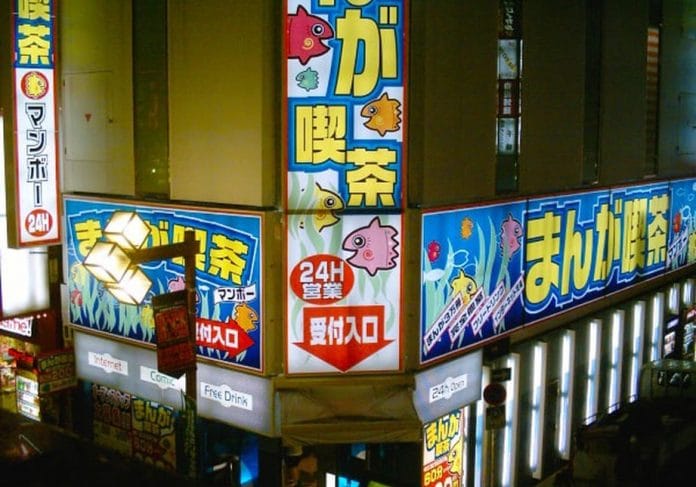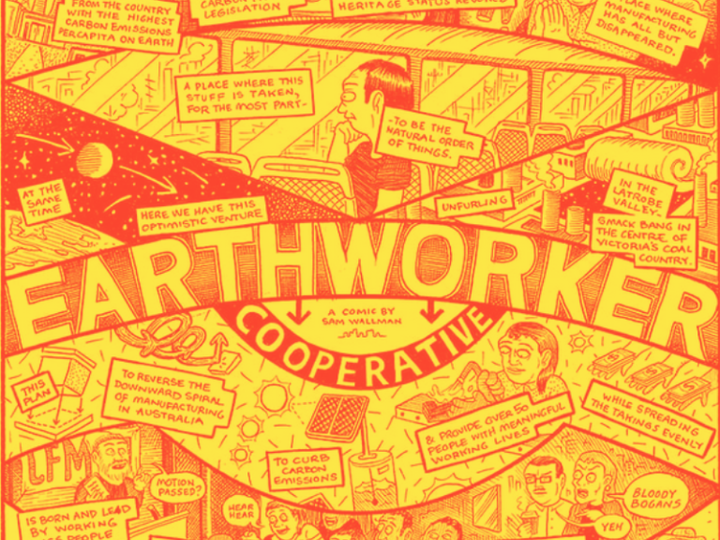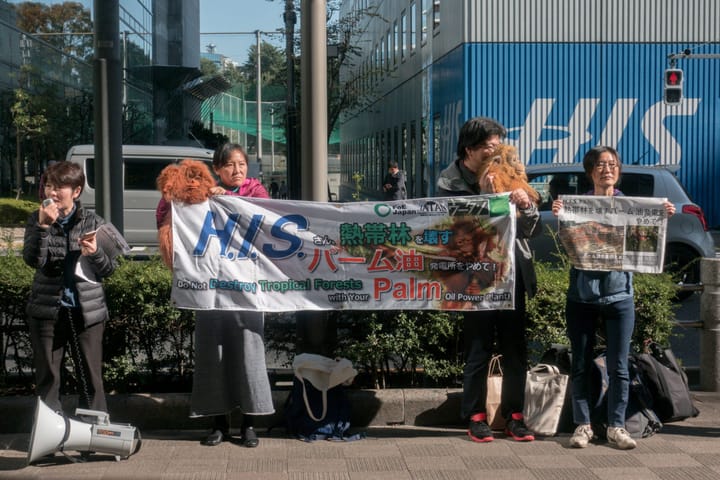Those living rough, in poverty struggle amid coronavirus spread

Due to the spread of coronavirus, people who are in vulnerable positions such as the impoverished and those living on the street, are finding themselves in a pinch situation. In Tokyo, which is one of the target municipalities of Japan’s state of emergency declaration, there are critical problems with finding housing for such people, many of whom are directly affected by the closures of Internet cafes and and shared rooms for welfare guardians due to the spread of Covid-19.
“According to one survey, the so-called ‘net cafe refugees’ number some 4,000 people in Tokyo alone,” says Tsuyoshi Inaba, representative director of Tsukuri Tokyo Wand, which carries out support activities for people in need. “The closure of net cafes due to the spread of Covid-19 infections means those people will be thrown out on the street. The government needs to to take urgent action.”
Inaba’s organisation rents out 25 rooms in Tokyo for use as private shelters and support housing, but the number of people in need of living is rapidly increasing due to the economic crisis caused by the spread of coronavirus. Private support alone cannot keep up with demand, he says.
With regards to the welfare that should be a safety net for those living on the streets and others in poverty, Inaba says: “At present free, we are introducing shared room facilities in such ‘poverty business’ facilities like free flat-rate lodgings and so on, which conversely increases risk of infection. Many living on the streets find this scary and hesitate to apply for welfare.”
Based on this situation, on April 3, in addition to Mr. Inaba, homeless consultation networks such as the NPO corporation TENOHASI submitted an urgent request to strengthen support for those living on the streets or in poverty.
It requested the provision of rooms, by using public facilities, vacating hotel rooms or renting private facilities, to people who will or already have lost their jobs or homes due to the spread of new coronavirus. Additionally, it appealed for extending services and benefits (outreach) and a bettie understanding of support needs while cooperating with private support organizations.
In Europe and the United States, various support measures have been implemented in order to deal with the threat of the spread of coronavirus among those living on the streets.
The United Kingdom and other countries are renting hotels where street dwellers can reside, and are trying to understand support needs based on detailed assessments, including surveys. The request submitted by Inaba and other supporters is based on such trends.
One concerned party, democratic designer Takuya Kitabatake, has convened a web-based petition requesting “urgent assistance to people living in need and those on the street who are at risk of losing their homes due to the Coronavirus recession” in Tokyo.(URL: http://chng.it/ZZcJvRPF)
Additionally, a “housing security” system that the government considers to be a pillar of support when the poor are at risk of losing their homes, has also been in existence for over a decade. That system was created following the Lehman shock of 2008, but according to Mr. Inaba and others, this system is “limited to those who quit their job,” are self-employed, or whose lives are complicated fur to being freelance or sharply fluctuating income, meaning those living on the streets are excluded from the system.


